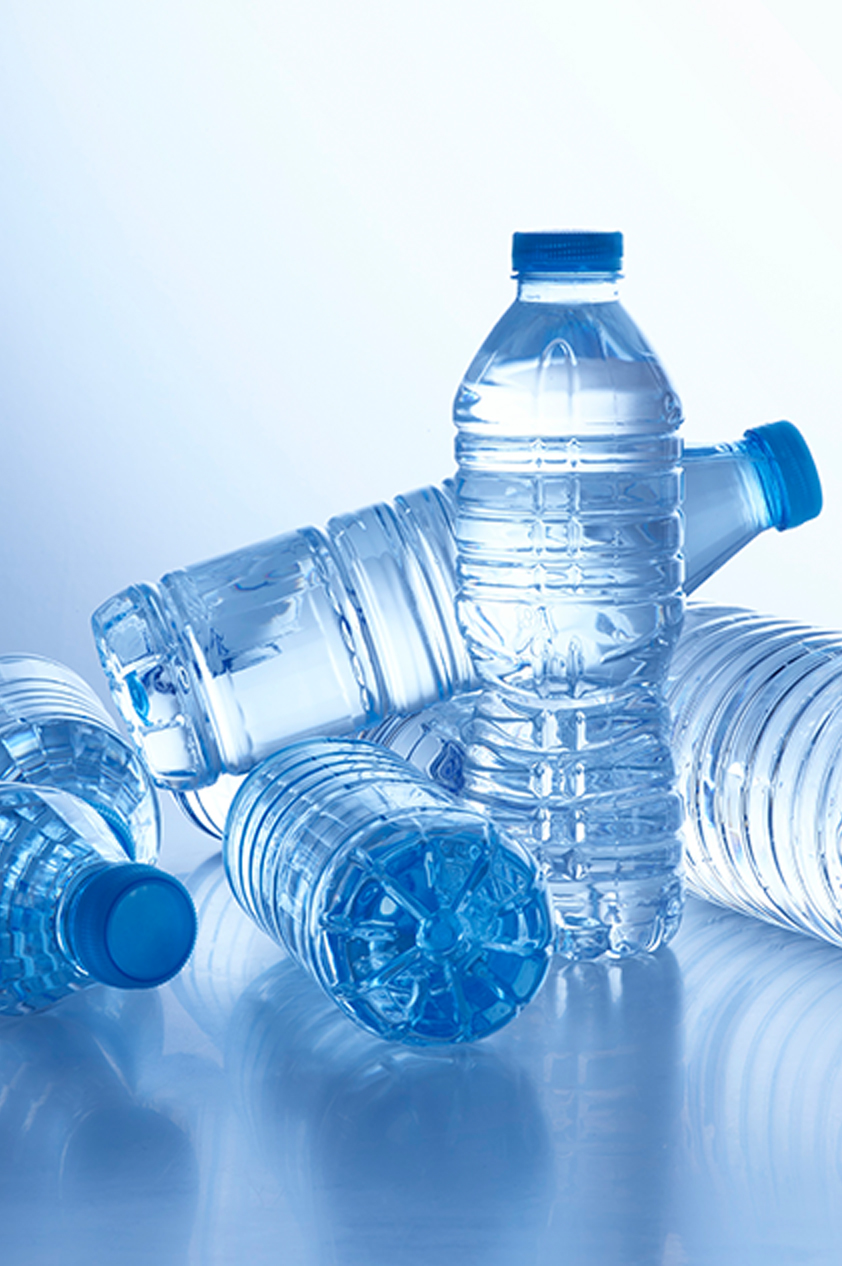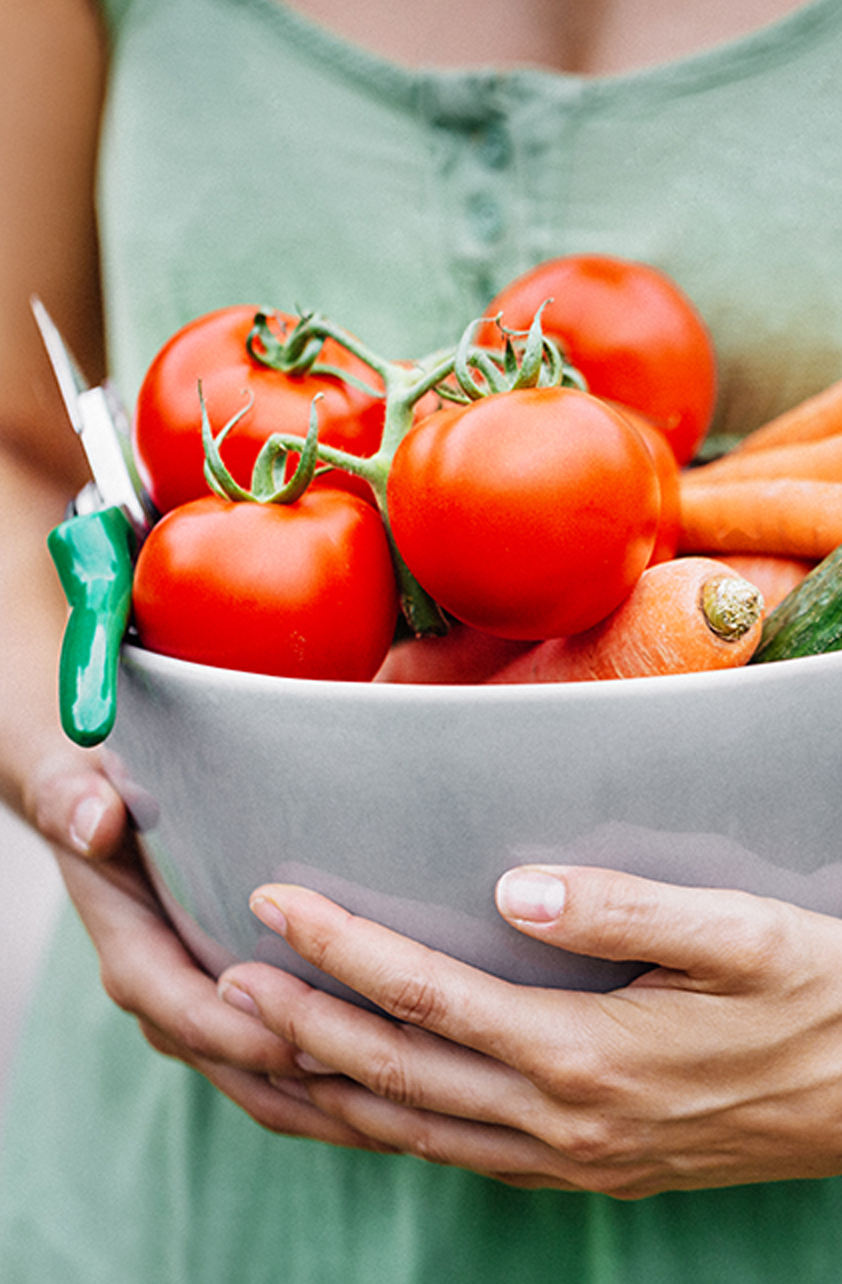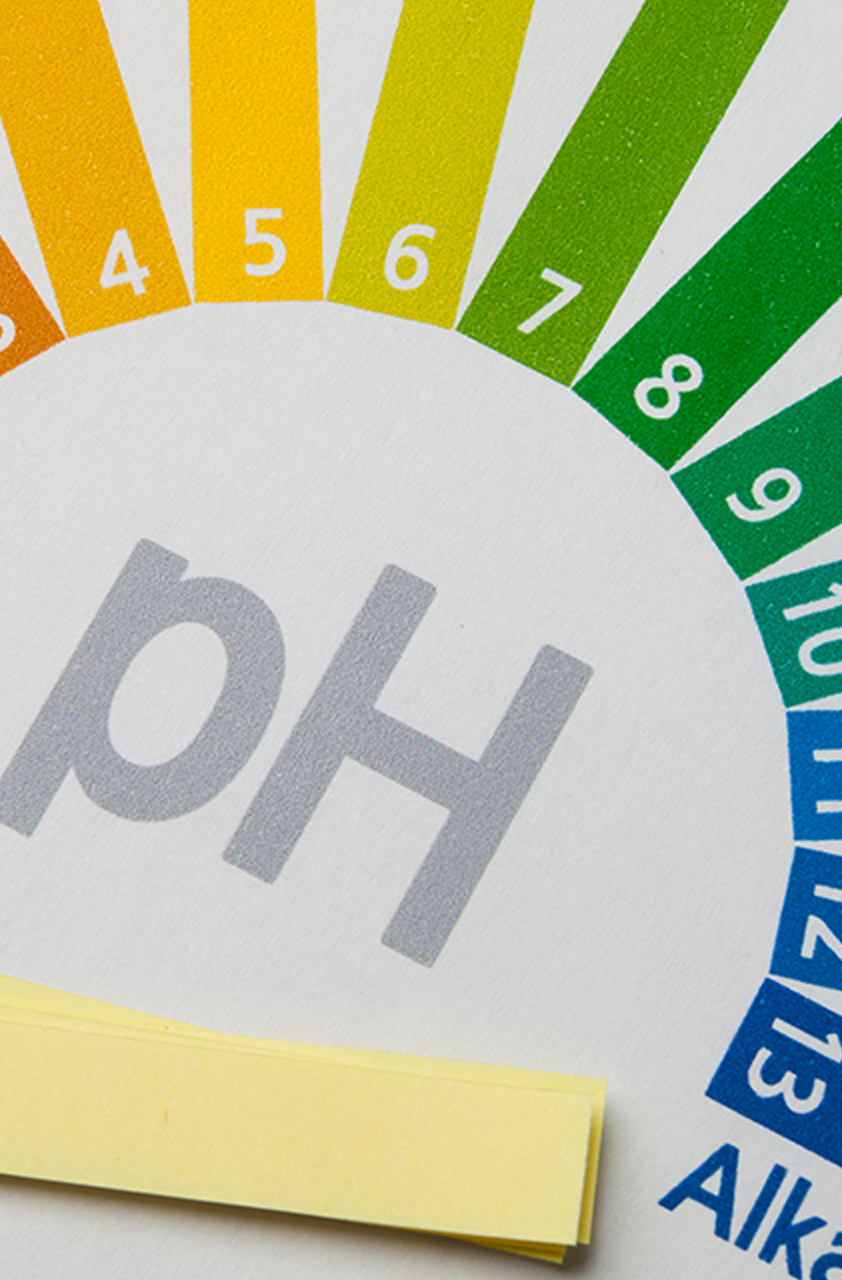People with cystinuria have one thing in common: they all have to find ways to manage the continual buildup of cystine in their bodies. How do they actively prevent cystine stones from forming? It takes a combination of commitment, creativity, and communication.

One of the most important ways to reduce the risk of cystine stone formation is to drink enough fluid to dilute the concentration of cystine in your urine. As you may already know, the general guideline is to drink at least 4 L/day to keep cystine levels below the solubility limit (generally <250 mg/L). This is no easy task, but there are ways to incorporate more fluids into your day.
Along with drinking more fluids, it is just as important for people with cystinuria to maintain a low-sodium and low-animal-protein diet. This will reduce the amount of cystine that the body excretes—or gets rid of—which reduces the risk of forming cystine stones.
Whenever possible, choose home-cooked meals and unprocessed foods such as fruits, vegetables, and certain non-animal-protein sources. Avoid processed foods, such as cold cuts and frozen meals, as well as restaurant meals. These foods tend to have a high salt content.


Cystine stones tend to form in highly acidic environments, so it is important to make your urine less acidic and more alkaline. That means having a urinary pH level between 6.5 and 7.0. To help achieve this, be sure to keep up with your fluid intake. Your doctor may also prescribe a medicine to help with urinary alkalinization.
One way to boost your knowledge about cystinuria is to partner with healthcare professionals and take an active role in decisions about your health. It's important to ask questions and understand why your doctor may need to adjust your treatment plan. To stay focused at your appointment, write down your questions before your next office visit and consider adding these to your list.


Cystinuria Resource: Rare Together
Join the Cystinuria Resource: Rare Together community on Facebook. This group is dedicated to individuals and families affected by cystinuria. This page offers information on cystinuria, as well as tips and advice on how to manage it, with the goal of preventing the next cystine stone.

International Cystinuria Foundation
Focused on supporting the cystinuria community by providing educational and health-related resources to affected individuals worldwide.

Offers users an interactive platform whereby visitors have access to the latest news and information about rare, orphan, and neglected diseases.

Dedicated to making change through the awareness, prevention, and treatment of kidney disease for healthcare professionals, patients, and their families.